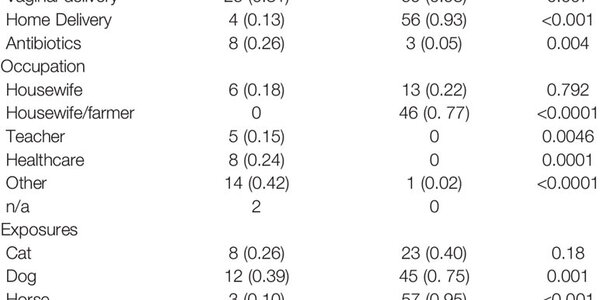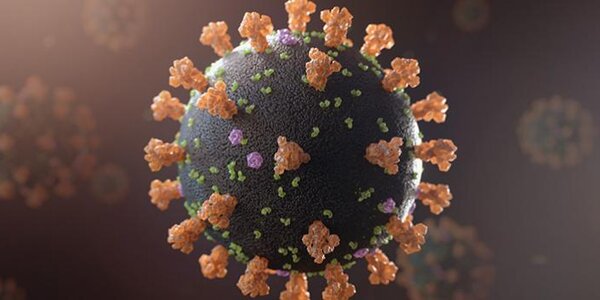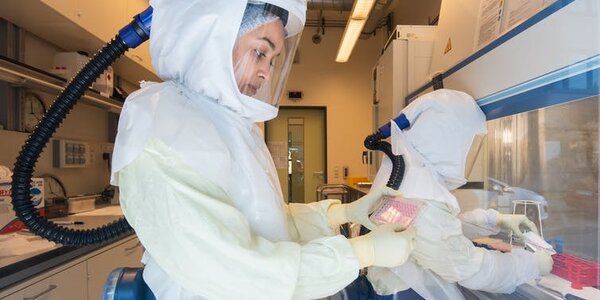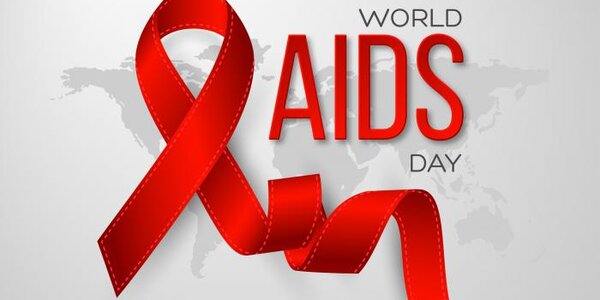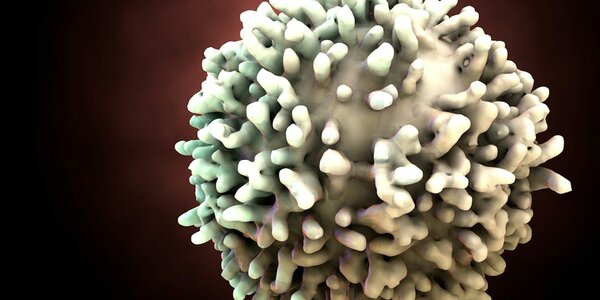Your Pet Cat Is Spreading The Toxoplasma Parasite To Wildlife
A recent paper examined 45,079 cases of toxoplasmosis in wild mammals—a disease that has been linked to nervous system disorders, cancers and other debilitating chronic conditions—using data from 202 global studies and found wildlife living near dense urban areas, where there are lots of cats carrying the pararsite, were more likely to be infected.
One infected cat can excrete as many as 500 million Toxoplasma oocysts (or eggs) in just two weeks. The oocysts can then live for years in soil and water with the potential to infect any bird or mammal, including humans. Toxoplasmosis is…

